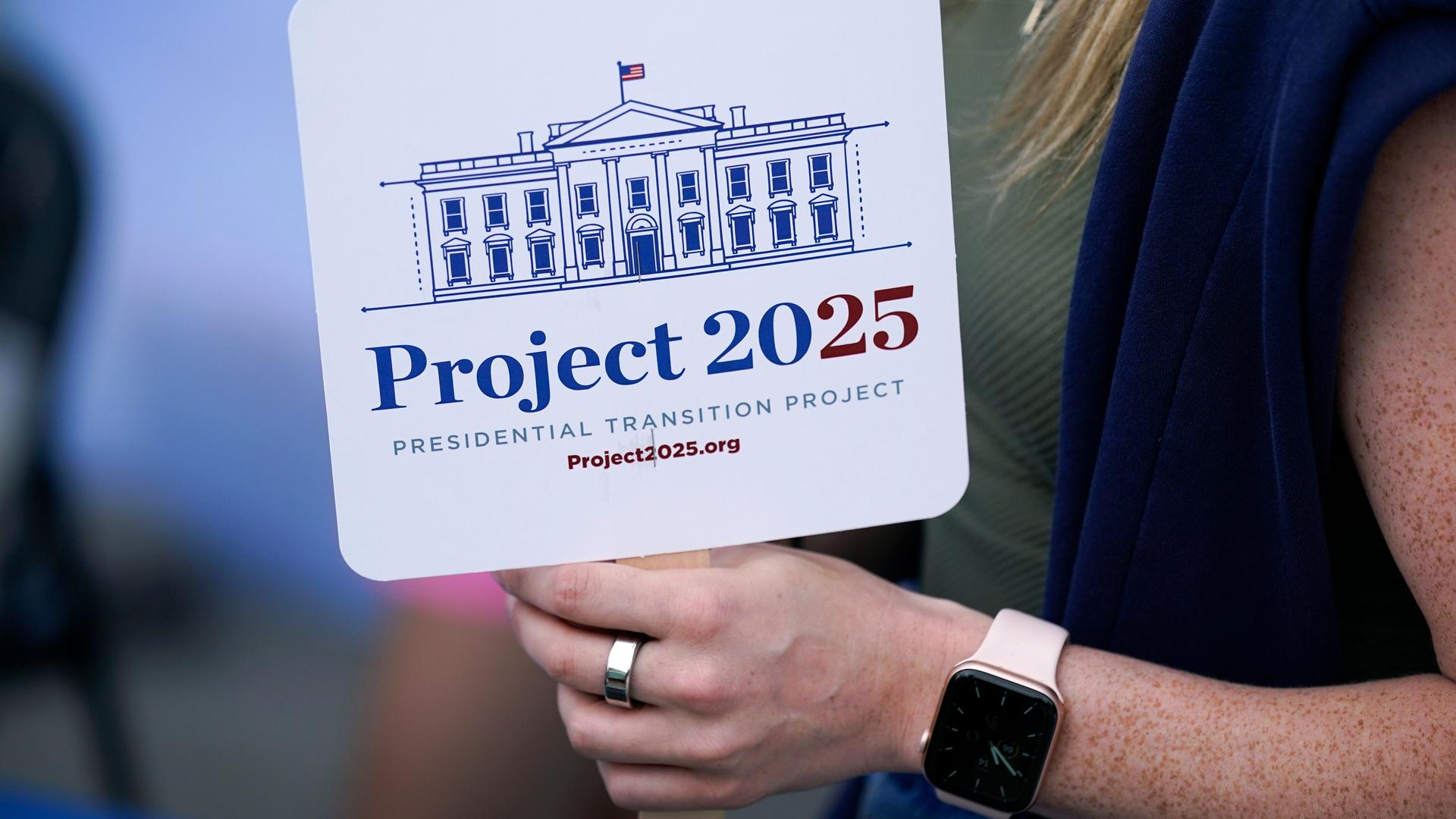In 2025, London Breed’s administration faced significant challenges as policies designed to enhance the quality of life in San Francisco culminated in widespread criticism and discontent among residents. The political landscape was charged, and the ramifications of several ill-fated policies became glaringly evident as the city grappled with complex socio-economic issues. This article delves into the specific policies that faltered, examining their implications and the larger context in which they were implemented.
1. Housing and Homelessness Initiatives
One of the most contentious issues during Breed’s tenure was housing. Despite promises to address the city’s burgeoning homelessness crisis, many programs launched in 2025 failed to achieve their intended outcomes. The administration’s focus on rapid rehousing received backlash as it was revealed that many placements fell through. Critics argued the approach was merely a band-aid solution, neglecting the need for sustainable, long-term strategies.
Furthermore, the exacerbation of the housing market crisis continued unabated. While the administration advocated for increased construction and affordable housing developments, opposition from local communities and environmental advocates hindered progress. Zoning regulations, interpreted as restrictive, prompted a protracted debate that delayed essential projects. Consequently, the very populace the policies aimed to assist found themselves further marginalized.
2. Public Safety and Policing Reform
In response to growing concerns over crime, Breed’s administration announced a series of policing reforms intended to foster community safety while enhancing trust between law enforcement and citizens. However, these reforms encountered significant resistance. Implementation was met with mixed reactions: some citizens welcomed the changes, perceiving a shift towards a more community-focused approach, while others critiqued a perceived decrease in police presence in high-crime areas.
The fallout from these decisions manifested in an uptick in violent incidents, leading to public outcry and demands for a reassessment of the reforms. Critics argued the focus on de-escalation tactics and community policing neglected the immediate need for a robust, visible police force in neighborhoods plagued by crime. As a result, many residents felt increasingly vulnerable, leading to a schism in trust between the administration and the populace.
3. Economic Recovery and Job Creation
The economic aftershocks from the pandemic remained unaddressed as the city attempted to rebound in 2025. The ambitious economic stimulus policies introduced were met with skepticism. While intended to generate job opportunities, many initiatives were poorly planned and fell short of realistic expectations. A lack of clear communication and inadequate outreach left many small business owners unaware of available resources, prolonging the economic downturn.
Moreover, a series of tax incentives aimed at attracting large corporations sparked protests. Balancing the needs of established businesses with those of local enterprises became increasingly difficult, leading to an economy that appeared to favor the wealthiest stakeholders. The negative feedback loop created by these decisions left a significant segment of the workforce disillusioned, creating wider socio-economic disparities.
4. Education Policies
Breed’s education policies also faced scrutiny, particularly regarding their effectiveness in addressing disparities in educational outcomes among different demographic groups. Funding increases and resource allocations aimed at revamping underperforming schools were insufficient to divert the tide of declining enrollment rates. Parents voiced frustration over the perceived lack of engagement from the administration in addressing their children’s educational needs.
This discontent crescendoed into calls for greater accountability from school officials and an overhaul of existing educational frameworks. Critics emphasized that without substantial reforms to curriculum and teaching methods, the policies would ultimately fail to uplift the disadvantaged groups most in need of support.
5. Health Care Initiatives
In the realm of public health, the policies introduced in 2025 were largely reactive rather than proactive. Despite the ongoing implications of the COVID-19 pandemic, health care initiatives focused disproportionately on immediate crisis management rather than long-term improvements to health care infrastructure. Acknowledging the growing mental health crisis was pivotal, yet programs rolled out to address this issue lacked comprehensive integration with other health services.
The focus on short-term solutions contributed to a perception of inefficacy among residents, many of whom faced obstacles in accessing mental health resources. The administration’s approach was hampered by bureaucratic inefficiencies, leading to a delay in the necessary expansion of services that could have cultivated a healthier population.
6. Community Engagement and Transparency
Finally, the lack of effective communication strategies became a glaring weakness in Breed’s governance style. As policies faltered, many residents felt disconnected from their leadership. Public forums became less frequent, and the interpretation of feedback from constituents felt superficial to many community members. The ensuing erosion of trust exacerbated dissatisfaction with administrative decisions, creating a disconnect that deepened partisan divides within the city.
As 2025 drew to a close, the cumulative effect of these missteps necessitated a pivot in strategy. The administration faced a growing imperative to reconcile its relationship with citizens and foster collaboration between different stakeholders. In examining London Breed’s approach to governance in 2025, it is clear that understanding community needs and deploying strategies that address the multifaceted nature of urban challenges is crucial. The lessons learned from these policy failures will undoubtedly shape the trajectory of future administrations in San Francisco.

